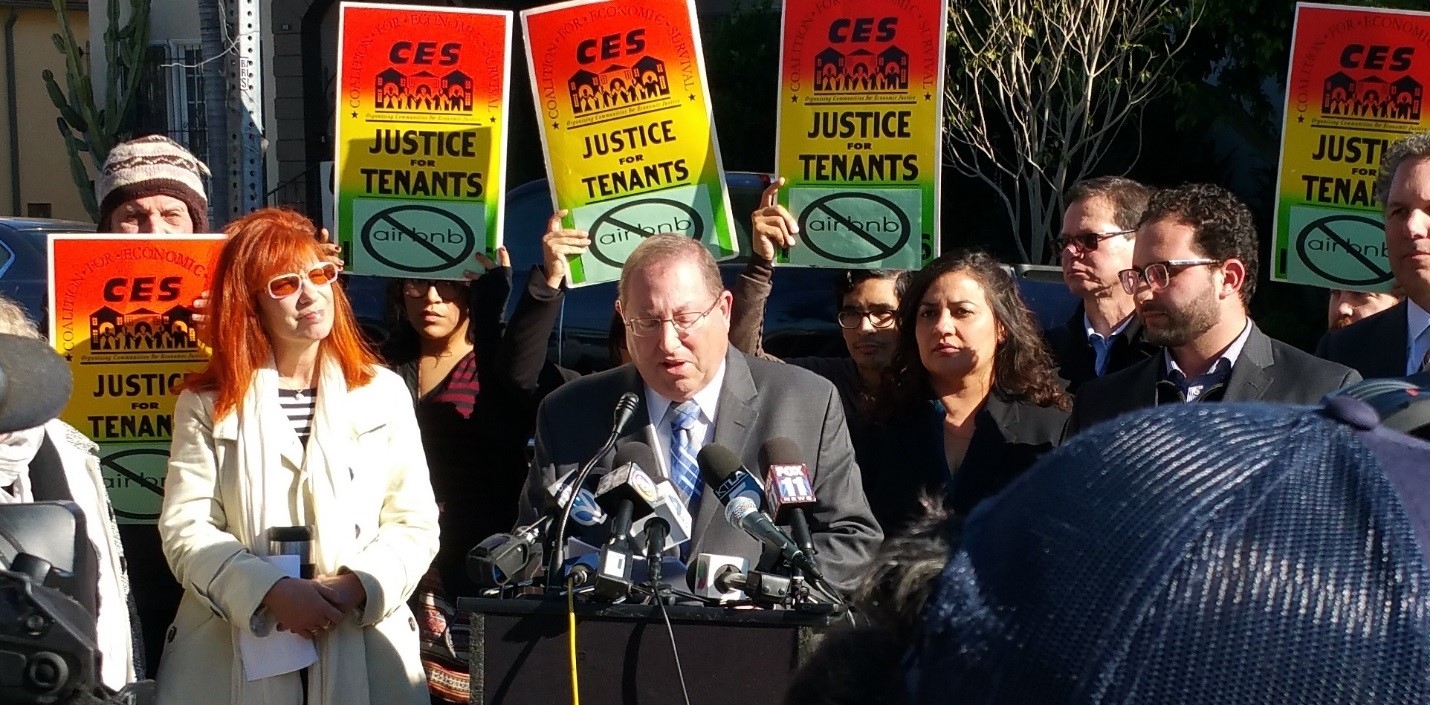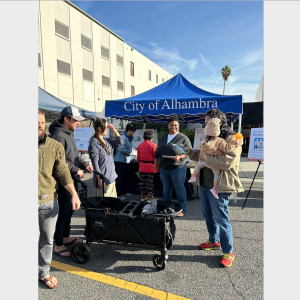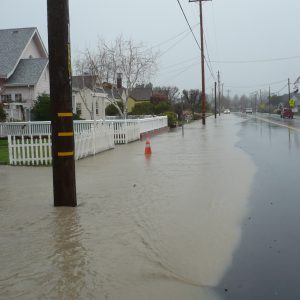 View Winners →
View Winners → 
The Los Angeles City Council Wednesday passed resolutions in opposition of two California Senate bills that were introduced to help the city’s housing crisis but that critics say will worsen it, increasing gentrification and benefiting real estate interests.
The resolutions, which were introduced by Councilman Paul Koretz, opposed:
- Senate Bill 9, introduced by Sen. Toni Atkins, D-San Diego, and Sen Scott Wiener, D-San Francisco, to allow lots that are zoned for single- family housing to have up to four units, with opponents saying the measure would also allow for two additional accessory dwelling units, or “granny flats”; and
- Senate Bill 10, introduced by Wiener, to allow approval of multi- family buildings with up to 10 market-rate units, along with potentially four “granny flats,” on lots that are zoned for single-family homes only.
“SB9 and 10 are the third annual attempt by San Francisco Sen. Scott Weiner to destroy local control over multi-family and single-family zoning in the state of California. This council has unanimously voted to oppose essentially the same bills twice before and we should do it again,” Koretz said.
Councilman Mike Bonin, who voted in support of the resolutions, said that while he sees the problems, including systemic racism, involved in single- family zoning, he looked to which groups oppose and support the bills.
“I look at who’s behind (the bills) and who’s opposed to them and when I see the affordable housing organizations here in Los Angeles saying this doesn’t do it for us, that concerns me,” Bonin said.
Housing Is A Human Right, which is a division of the AIDS Healthcare Foundation, came out in opposition to the bills and conducted a statewide poll that found 63% of Californians oppose SB9 and 67% oppose SB10.
“We know that (the bills) will cause developers to target our low- income Black and brown communities … there is no requirement for affordable housing or homeless housing, and given that we have 161,000 people who are homeless in the state of California, over 60,000 in the county and over 40,000 in the city, it is absolutely unconscionable to have a housing production bill that would not provide for our homeless community or for people who desperately need affordable housing,” Susie Shannon, policy director for Housing Is A Human Right, said in a call to Wednesday’s City Council meeting.
Bonin claimed that single-family zoning is “undoubtedly a construct of systemic racism” but added that “the opportunity to own property has been what has helped people from communities of color get into the middle class and start to build their generational wealth and people are concerned that these bills don’t do enough to protect those communities.”
Assata Umoja of the Hyde Park Organizational Partnership for Empowerment called into the meeting to oppose the Senate bills for what she called their potential damage to Black and brown communities and the potential of worsening the homelessness crisis.
“This bill gives no consideration to Black and brown families. We are the founders of the city of Los Angeles and we demand equity and housing. Neither of these bills promotes any type of equity nor community stability and will only increase homelessness,” she said.
Councilman Paul Krekorian called the bills “trickle-down housing policy” and said it was a myth that building dense market-rate housing will bend the economic curve and benefit poor people by increasing the supply of housing.
“It was an absurd notion when Ronald Reagan proposed it. It is an absurd notion now,” Krekorian said. He advocated for proposing a bill that will offer different solutions to the housing crisis.
Councilman Gil Cedillo voted against both resolutions, saying the Senate bills included opportunities for the city to address concerns.
“We must now act and act affirmatively and build our toolbox so that we can take the actions necessary to build housing,” Cedillo said. “At the end of the day, the prospect of not disturbing or disrupting these communities, not challenging these communities who want to maintain the apartheid that exists in the city is simply an argument for the status quo.”
Councilwoman Nithya Raman voted against the resolution that opposed Senate Bill 10.
“If we’re going to tell Sacramento to stay out of our way when it comes to housing policies, then we, in Los Angeles, have to be willing to do the work ourselves and all of the data that we have right now points to the fact that we haven’t been doing it,” Raman said.
She noted that the Los Angeles Department of City Planning told council members Tuesday that 71% of the residentially zoned land in Los Angeles is for single-family homes only, and any new multi-family construction has to be limited to 29% of the city.




































































































